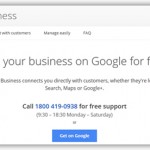Revolutionize Your Business with B2B Local Marketing: Proven Tactics
Recently updated: September 19th, 2025
In today’s competitive business landscape, it’s crucial for companies to explore every avenue to maximize their growth potential. One often overlooked strategy is B2B local marketing. By focusing on local markets, businesses can tap into a lot of opportunities, establish strong connections with their target audience, and ultimately revolutionize their operations.
Understanding the Essence of B2B Local Marketing
B2B local marketing is a powerful tool that allows businesses to connect with potential clients and customers in their immediate vicinity. While global marketing campaigns have their place, there are unique benefits to focusing on the local market. For starters, local businesses tend to trust and prefer working with companies that are nearby. By positioning yourself as a local expert, you can build strong relationships and establish your brand as a go-to solution provider.
Additionally, B2B local marketing allows for better customization and personalization of your marketing efforts. You can tailor your messaging, offers, and promotions to suit the specific needs and preferences of your local target audience. This level of personalization can significantly enhance your conversion rates and overall marketing effectiveness.
Key Tactics for B2B Local Marketing Success
Now that we understand the importance of B2B local marketing, let’s explore some key tactics that can help you achieve success in this area.
1. Optimize Your Online Presence for Local Search
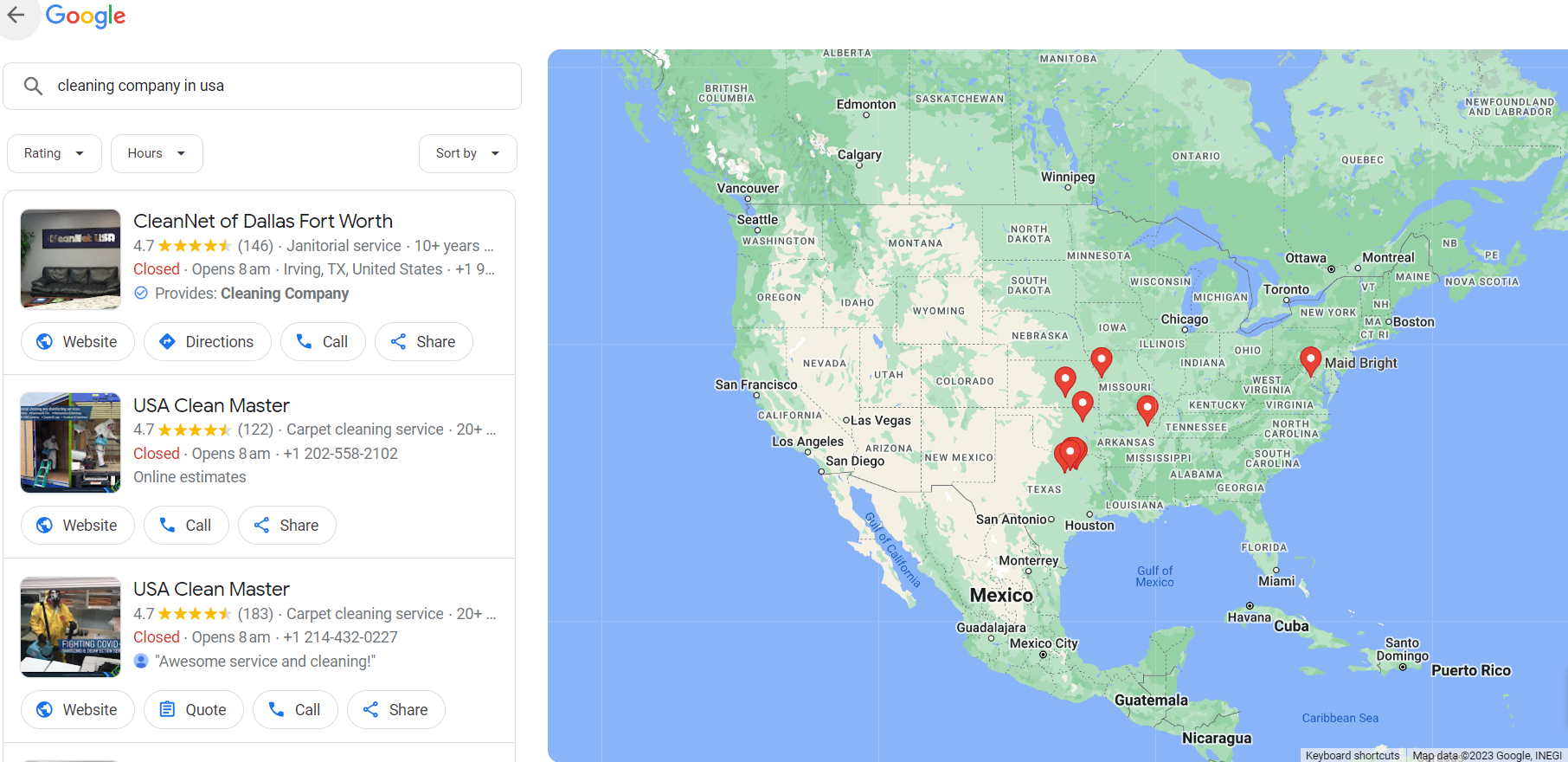
In today’s digital age, the first step to conquering local markets is to ensure that your online presence is optimized for local search. This entails a series of strategies to improve your visibility when potential clients in your area search for products or services related to your business. Here’s what you can do:
1.1. Claim Your Google My Business Listing
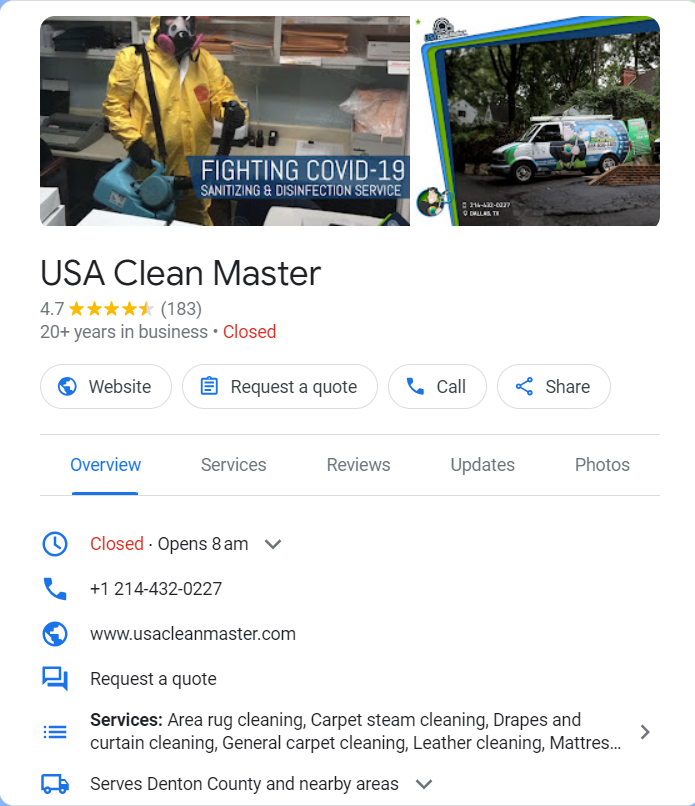
Google My Business (GMB) is a powerful tool that allows you to manage your business’s appearance in Google search results. By claiming your GMB listing, you can provide essential information like your address, phone number, business hours, and even post updates and promotions. This makes it easier for local customers to find and contact you.
1.2. Optimize Your Website for Local SEO
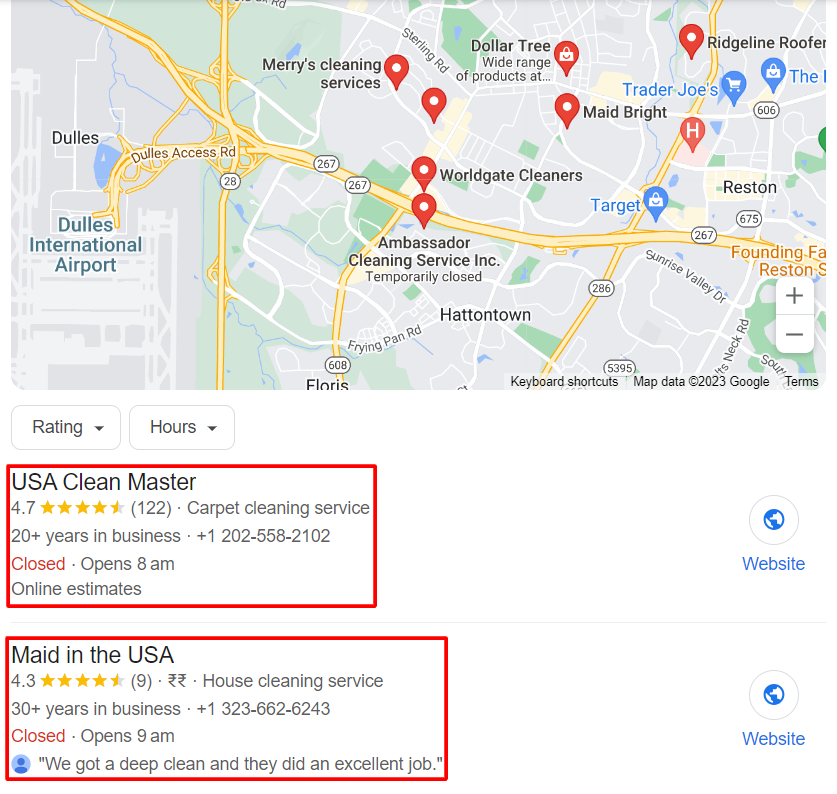
Ensure that your website is optimized for local search engine optimization (SEO). This involves including location-specific keywords in your content, meta descriptions, and headers. Create location-based landing pages to target different local markets you serve.
1.3. Encourage Customer Reviews
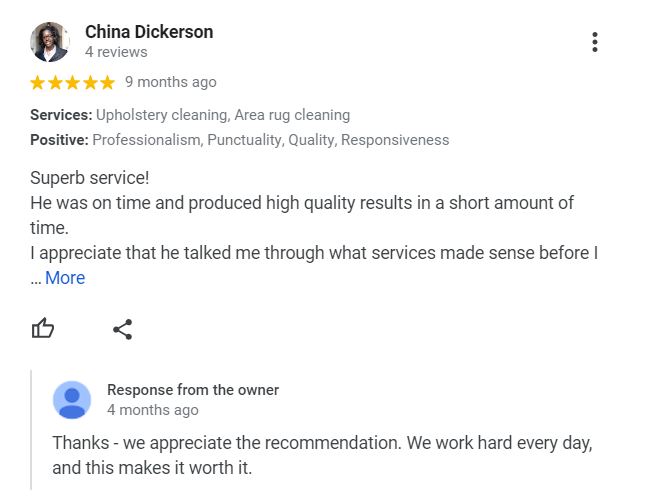
Positive reviews can significantly boost your credibility and visibility. Encourage your satisfied customers to leave reviews on platforms like Google, Yelp, and industry-specific review sites. Responding to reviews, both positive and negative, shows that you value customer feedback.
2. Optimize Your Business Website for Local B2B Marketing
In addition to local SEO, optimizing your website for local B2B marketing is essential for success. Your website is often the first point of contact for potential clients or customers, so it’s crucial to make a great first impression.
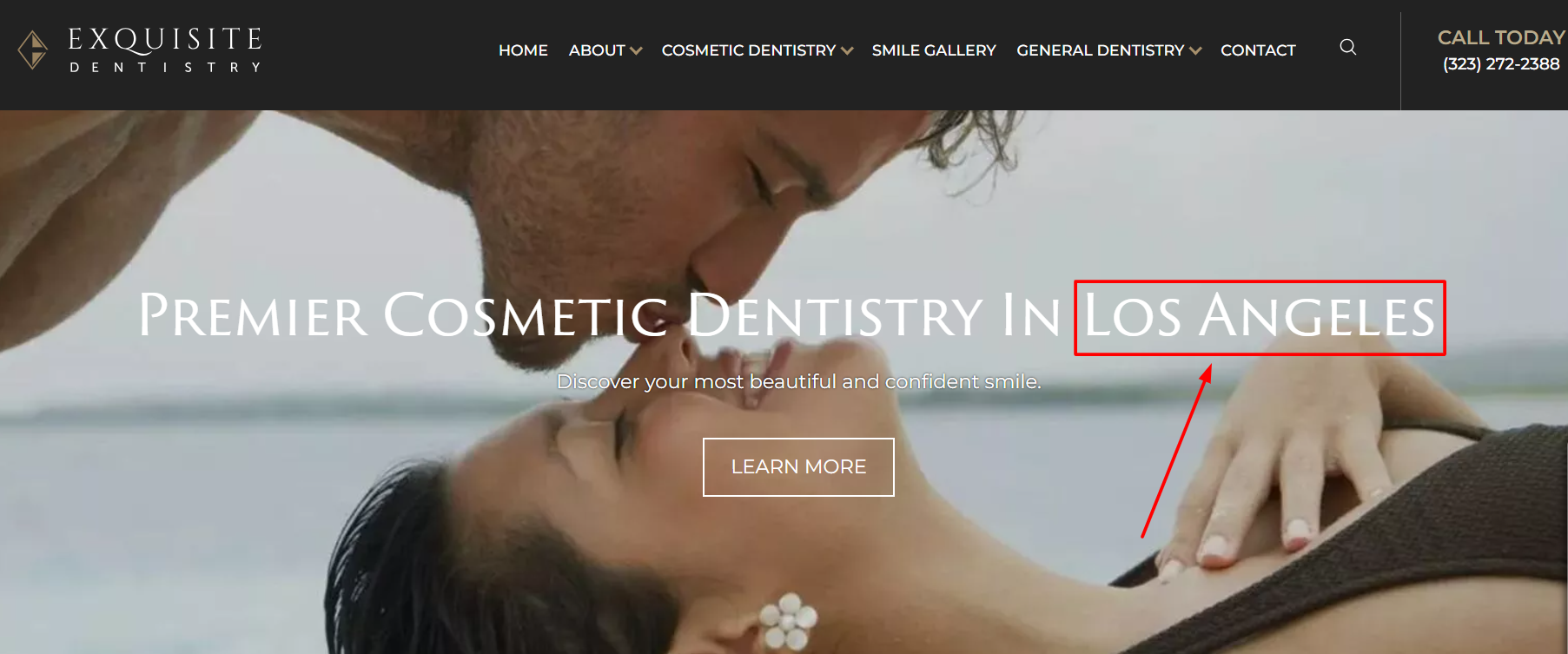
Start by creating a user-friendly and visually appealing website design. Ensure that your website is easy to navigate, loads quickly, and is mobile-friendly. This is particularly important as more and more people use their mobile devices to search for local businesses.
Furthermore, make sure your website clearly communicates your value proposition and showcases your expertise in serving local businesses. Include testimonials and case studies from satisfied local clients to build credibility and trust. Finally, provide clear and prominent contact information, including your address, phone number, and email, so that potential clients or customers can easily get in touch with you.
3. Leverage Social Media for B2B Local Engagement
Social media platforms have emerged as invaluable tools for businesses seeking to establish a strong connection with their local audience. In this section, we will explore in-depth how you can harness the potential of social media for effective B2B local marketing.
3.1. Craft Targeted Content to Resonate with Your Local Audience
To effectively engage with your local audience on social media, it’s crucial to tailor your content to meet their specific needs and interests. Here are some strategies to consider:
- Share Local News and Events
Stay attuned to local news and events relevant to your industry or niche. Share updates, articles, and announcements that showcase your active involvement in the local community. For instance, if you run a technology consulting firm, share news about local tech meetups or conferences.
- Spotlight Local Success Stories
Highlighting the successes of local businesses or clients you’ve worked with can be a powerful way to connect with your audience. Share their stories, testimonials, or case studies to demonstrate your impact within the community.
- Use Location-Based Hashtags
Harness the power of location-based hashtags to increase your visibility among local users. Research popular local hashtags and incorporate them into your posts. For instance, if you’re a dentist based in Los Angeles, using hashtags like #LosAngelesdentist or #LCdentistry can help local dentist searchers discover your content. You can further optimize your website with the help of best dentist SEO services provider to improve your presence in local search results.
3.2. Active Engagement with the B2B Local Community
Building meaningful relationships within your local community on social media goes beyond posting content. Here’s how you can actively engage:
- Join Local Groups and Forums
Explore social media platforms for local groups, forums, or communities related to your industry or niche. Joining these groups provides an opportunity to interact with other local businesses and potential clients. Participate in discussions, offer insights, and establish yourself as a knowledgeable resource.
- Respond to Comments and Messages Promptly
Promptly respond to comments and messages from your followers, especially those from local customers or businesses. Engaging in two-way communication shows that you value your community’s input and fosters a sense of trust.
- Collaborate with Local Influencers
Identify local influencers or thought leaders in your industry who have a substantial following in your area. Collaborate with them by featuring their content, co-hosting events, or running joint campaigns. Their endorsement can significantly boost your local credibility.
3.3. Run Targeted Localized Ad Campaigns
Social media platforms like Facebook, Instagram, and Twitter offer sophisticated targeting options that allow you to reach specific geographic areas with your advertisements. Here’s how to make the most of localized ad campaigns:
- Define Your Local Target Audience
Clearly define your local target audience based on factors like location, demographics, interests, and behavior. Understanding your ideal local customer helps you create highly targeted ads.
- Promote Local Events and Offers
Use localized ad campaigns to promote local events, workshops, or special offers. Highlighting promotions tailored to your local audience can drive foot traffic to your business or boost online sales within your community.
- Measure and Optimize
Social media ad platforms provide robust analytics tools. Monitor the performance of your localized ad campaigns closely. Pay attention to metrics like click-through rates (CTR), conversion rates, and engagement levels. Use these insights to adjust your ad strategies and allocate resources effectively.
Incorporating these strategies into your B2B local marketing efforts will enable you to leverage social media as a powerful tool for connecting with your local audience. By crafting targeted content, actively engaging with the local community, and running localized ad campaigns, you can maximize your impact and create lasting relationships within your local market. Remember that consistency and authenticity are key to building trust and credibility in your local social media presence.
4. Develop Partnerships with B2B Local Marketing Businesses
Networking and forming partnerships with other local businesses can be a game-changer for B2B local marketing. By collaborating with complementary businesses, you can tap into their existing customer base and gain access to new potential clients or customers. Consider the following approaches:
4.1. Joint Marketing Campaigns
Joint marketing campaigns represent a strategic alliance between your business and complementary local enterprises, amplifying your collective expertise to achieve greater marketing impact. For instance, if you operate a web design agency, consider collaborating with a local content marketing agency to deliver comprehensive digital marketing solutions. By pooling resources, knowledge, and creativity, joint marketing campaigns can create a compelling value proposition that resonates strongly with your target audience, ultimately driving business growth.
4.2. Cross-Promotion
Cross-promotion is a dynamic strategy where businesses mutually showcase each other’s products or services to their respective customer bases, expanding their reach and influence. Leveraging platforms like email newsletters, social media shoutouts, or even co-hosted events, cross-promotion offers a powerful synergy. By endorsing and featuring each other’s offerings, both businesses benefit from increased exposure and credibility. This collaborative approach fosters a sense of community within the local business ecosystem, where businesses unite to enhance their value proposition and offer more comprehensive solutions to their clientele.
4.3. Referral Programs
Referral programs establish symbiotic alliances with local businesses, encouraging the exchange of client referrals when there’s alignment. By setting up structured referral systems, you incentivize fellow businesses to recommend your services to clients who can benefit from them. In turn, you reciprocate, referring clients to them when suitable opportunities arise. These reciprocal acts strengthen your local business community, create a network of trust, and amplify growth prospects, resulting in a win-win scenario for all parties involved.
5. Attend Local Events and Trade Shows
Participating in local events and trade shows not only establishes your presence but also fosters connections within the local business community. These connections can lead to collaborations, partnerships, and growth opportunities. Here’s how to make the most of these opportunities:
5.1. Network Actively
When attending local events, your mission should extend beyond showcasing products or services. Actively engage in conversations, showing genuine interest in building lasting relationships with other businesses and potential clients. These connections can yield fruitful collaborations and opportunities for mutual growth and support.
5.2. Sponsorship Opportunities
Exploring sponsorship opportunities at local events and industry-specific trade shows is a strategic move that can significantly enhance your business’s visibility and credibility within the local community. By becoming a sponsor, you not only contribute to the success of these events but also position your brand as a prominent supporter of local initiatives. This association reinforces your commitment to the community and strengthens your reputation, making you a trusted name in the local business landscape.
5.3. Host Workshops and Seminars
Hosting workshops or seminars at local events is a powerful way to showcase your expertise, positioning your business as an industry authority. Beyond that, it provides a unique opportunity to engage with potential clients on a personal level. These interactions can foster trust and create meaningful connections that go beyond business transactions, solidifying your presence within the local community and driving future opportunities.
6. Create Valuable Local Content
Content marketing continues to be a potent tool for B2B local marketing, offering a means to provide value to your local audience by sharing relevant and timely information. Develop content that resonates with your local audience:
6.1. Localized Blog Posts
Publishing localized blog posts is a key element of your content marketing strategy. These posts delve into local concerns, trends, and challenges, catering specifically to your local audience. Additionally, showcasing success stories and case studies featuring local clients provides practical, relatable examples of your solutions in action. This approach positions your business as intimately acquainted with the unique dynamics of your local community, establishing trust and credibility.
6.2. Local Expert Interviews
Conducting interviews with local industry experts and influencers enriches your content with valuable insights for your audience. Additionally, it serves as a bridge to tap into their networks, fostering collaborative relationships that enhance your local presence and authority within your community.
6.3. Local Events and News Coverage
Producing content related to local events, news, and industry developments keeps your audience well-informed. This not only positions your business as a reliable source of information but also demonstrates your commitment to being actively engaged in your local community, fostering trust and loyalty among your audience.
7.Implement Email Marketing with a Local Focus
Email marketing offers a highly personalized avenue for connecting with your local audience. By crafting tailored content and messaging specific to your local clientele, you can create a more meaningful and relevant connection. This approach demonstrates your commitment to understanding and meeting the unique needs of your local customers, reinforcing your brand’s local presence and trustworthiness. Here’s how to make it work:
7.1. Segment Your Email List
Segmenting your email list based on geographic location is a pivotal step in local-focused email marketing. This practice enables you to deliver highly targeted and location-specific content and promotions to your subscribers. By tailoring your messages to the unique preferences and interests of each local audience, you enhance engagement and demonstrate your commitment to providing value within your community, thereby bolstering your local reputation and connection with your audience.
7.2. Local Event Invitations
Sending personalized invitations to local events, workshops, or seminars you’re hosting is a potent email marketing strategy. These invitations not only inform recipients of upcoming local events but also make them feel like valued community members. By tailoring the invitations to their interests and location, you create a sense of belonging and community engagement, encouraging attendance and fostering stronger connections within your local audience. This approach aligns with your local-focused email marketing, enhancing the effectiveness of your outreach.
7.3. Highlight Local Success Stories
Incorporating local success stories into your email marketing campaigns is a compelling strategy. By showcasing how your products or services have positively impacted local clients’ businesses, you build trust and credibility within your community. These real-world examples resonate with your local audience, inspiring confidence in your offerings and reinforcing your role as a trusted local partner. Sharing these stories through email demonstrates the tangible benefits of your services to potential clients, strengthening their connection to your brand.
8. Monitor and Analyze Your B2B Local Marketing Efforts
To ensure the effectiveness of your B2B local marketing strategies, it’s imperative to consistently monitor and analyze their performance. This data-driven approach empowers you to make informed decisions and refine your strategies for optimal results. Here’s how:
8.1. Use Analytics Tools
Leverage analytics tools such as Google Analytics and social media insights to gain valuable insights into your local marketing efforts. These tools allow you to track essential metrics like website traffic, engagement levels, and conversion rates originating from local sources. By analyzing this data, you can make data-driven decisions to refine your strategies, allocate resources effectively, and continually optimize your B2B local marketing campaigns for better results.
8.2. Gather Feedback
Collecting feedback from customers and partners within your local community provides invaluable insights to fine-tune your B2B local marketing strategies. Their perspectives offer a unique understanding of local preferences and expectations, enabling you to adjust your approaches for more effective engagement and relationship-building.
8.3. Adjust Your Approach
Data and feedback-driven insights are essential to adapt your B2B local marketing tactics effectively. Recognize that what proves successful in one local market may not yield the same results elsewhere. Be prepared to elevate, fine-tune, and customize your strategies to cater to the unique dynamics of each local market you serve, ensuring consistent relevance and success.
Conclusion
In the world of B2B marketing, the significance of localizing your approach cannot be overstated. The strategies outlined in this comprehensive guide are tried-and-true methods to transform your business and solidify a commanding presence in your local markets. However, it’s crucial to bear in mind that B2B local marketing is not a one-time endeavor but rather an ongoing commitment.
Latest posts by Vijaya Tyagi (see all)
Important Tips & Tactics to Boost Your Website Reputation!! - October 16, 2025
14 Years, Thousands of Campaigns, Countless Stories – And We’re Just Getting Started - September 29, 2025






